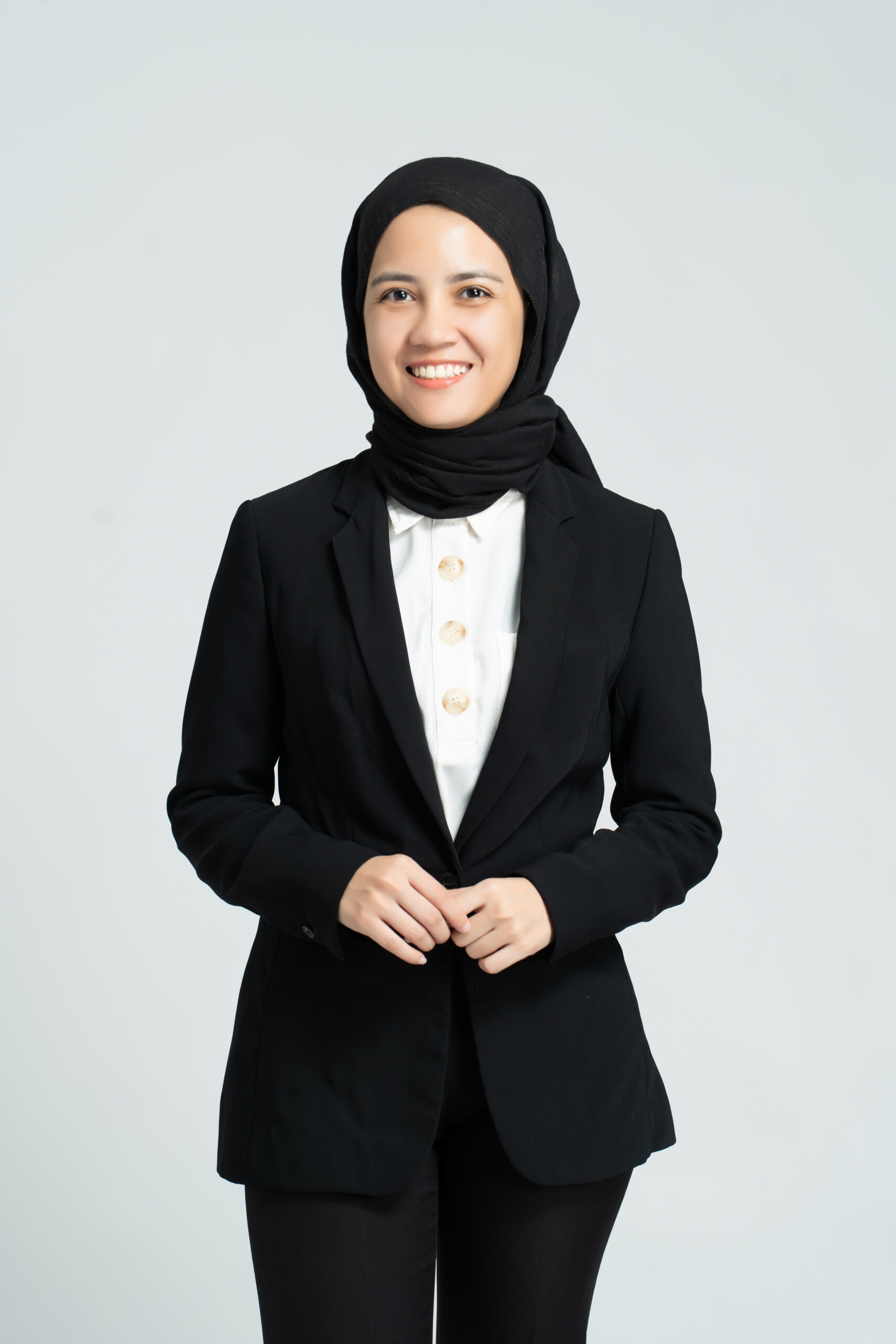Introduction
In Malaysia, the tradition of confinement, or pantang, is a deeply rooted aspect of postpartum care, providing new mothers with specialized attention to support their recovery after giving birth. With the growing demand for such care, confinement centres have surged in popularity, offering comprehensive services to cater to this traditional need. What was once a community-driven practice, where care was provided by family members and local midwives, has transformed into a commercialized service offered by specialized confinement centres.
These centres now cater to a growing market of mothers who seek not only traditional care but also the convenience and luxury of modern facilities. As a result, the cost of postnatal care has skyrocketed, with some packages reaching up to RM40,000.00 for a 28-day period. The modernization of this practice has made it more accessible to urban families who can afford these services, however, has exposed gaps in the legal framework governing these centres.
Legal and Regulatory Framework
To open a confinement centre in Malaysia, the following requirements must be fulfilled:
 Diagram 1: Requirements to open a confinement centre in Malaysia
Diagram 1: Requirements to open a confinement centre in Malaysia
However, it’s important to note that confinement centres in Malaysia are not regulated under the Private Healthcare Facilities and Services Act 1998. This means they are not subject to the stringent standards typically imposed on healthcare providers.
Furthermore, confinement centres do not fall under the purview of Child Care Centre Act 1984, which defines a “childcare centre” as a facility that cares for four or more children under the age of four from multiple households. Midwives and nurses working in confinement centres must be registered under the Midwives Act 1966. This Act ensures that midwives and nurses are properly trained and qualified to care for pregnant women, new mothers, and infants. The Midwives Board or Nursing Board has the authority to take disciplinary actions against practitioners who do not adhere to professional standards.
In Selangor, the state government has taken additional steps to regulate confinement centres. The Circular from the State Secretary of Selangor (Local Authority Section) Number 1 Year 2022 outlines specific compliance and licensing requirements aimed at ensuring these centres operate within a controlled and safe environment. These regulations are designed to protect both mothers and their newborns, providing a legal framework that addresses the unique needs and challenges of confinement care in the state.
Compliance and Licensing Requirements in Selangor
The guidelines set by the Selangor state government include several key compliance and licensing requirements:

Diagram 2: Additional Requirements to open a confinement centre in Selangor
The enforcement of these regulations is taken seriously by the Selangor State government as evidenced by the actions of the Klang City Council, which has issued compounds for non-compliance. Violations are treated as serious offenses, particularly when they involve the health and safety of mothers and babies. Legal actions can be taken under the Small Industries Act (UUK) 3 (1) of the Health and Beauty Care Centre (MPK) 2013,[1] underscoring the importance of adhering to these standards.
Challenges in Operating a Confinement Centre
Operating a confinement centre in Malaysia presents several significant challenges, such as:
1. Regulatory Compliance
One of the most significant challenges is ensuring full compliance with the regulatory requirements set by local authorities. In Selangor, for instance, the state government has introduced specific regulations that confinement centres must adhere to, including obtaining approvals from various government bodies such as the Malaysian Fire and Rescue Department, the Royal Malaysia Police, and the Ministry of Health. However, outside of Selangor, confinement centres are not bound by any specific standards or minimum requirements. As a result, most of these centres are merely recognized as businesses like spas or hotels rather than medical facilities. This lack of formal recognition and regulation raises concerns about the quality and safety of care provided in these centres, highlighting the need for a more standardized and rigorous regulatory framework across all states.
2. Renovation Challenges
Renovating a facility to ensure it meets safety standards for a confinement centre can be both costly and time-consuming, especially in the absence of clear guidelines. While regulations may currently be enforced only in Selangor, the safety of mothers and babies in other states should also be a concern. Compliance with technical and safety standards often demands significant investment in infrastructure, such as installing CCTV for security, providing adequate waste management facilities, and ensuring the building meets fire and health safety codes. Providing clear guidelines would help business operators prepare effectively and avoid unnecessary financial strain.
3. Dispute Resolution with Families
When disputes or issues arise, some operators may opt to resolve matters directly with the involved families. However, the absence of a formal complaint process for confinement centres can make it challenging for both clients and operators to address disputes effectively. While resolving disputes directly might provide a quicker resolution, it can also lead to inconsistent outcomes and expose the operator to potential legal risks. Without a formalized process, these direct settlements may lack transparency, resulting in misunderstandings and further complicating the relationship between the centre and its clients. Establishing clear, documented procedures for dispute resolution is crucial for maintaining trust and safeguarding against legal challenges.
Government Support and Initiatives
Recognizing the importance of postpartum care, the Malaysian government offers various support programs for new mothers. Recently, the Ministry of Health provides post-natal care through home visits by nurses, ensuring that both mothers and babies receive continuous support and monitoring during the crucial postpartum period.[2] Family members or the husband must notify the nearest health or community clinic within 24 hours of the mother’s discharge from the hospital. The nurse will then visit the home according to a standard postnatal care schedule. For high-risk mothers, visits will be more frequent based on their specific condition, and family counselling planning will also be provided.
Additionally, the MamaCare programme, offered by the National Population and Family Development Board (“LPPKN”), focuses on training elderly women and single mothers from low-income households in comprehensive postnatal care services. Participants can further their skills through diploma-level programs accredited by the Department of Skill Development, Malaysia. These initiatives not only offer essential care and support but also provide valuable training and certification, enhancing both maternal and infant health and supporting economic empowerment for participants.
Conclusion
In conclusion, our lawmakers must take proactive measures to regulate and incorporate confinement centres within the legal framework. States should either adopt Selangor’s approach or work towards establishing a standardized regulatory framework nationwide. This is essential for safeguarding the health and safety of both mothers and babies, thereby preventing unwanted incidents. Confinement centres are not merely a trend; they require careful and consistent oversight.
For personalised legal and compliance support, please reach out to our Advisory & Compliance, Muhamad Aryn Rozali (aryn@nzchambers.com) or Financial Services Associate, Nurul Husna Shariff. We are here to help you achieve compliance and manage these regulatory updates effectively.
Authors:
- Aryn Rozali
- Husna Shariff
References:
[1] “Klang Councils Raids Illegal Maternity Care Centre” New Straits Times, 28 February 2024 https://www.nst.com.my/news/nation/2024/02/1018865/klang-council-raids-illegal-maternity-care-centre
[2] Health Technology Assessment on Home Visiting https://www.moh.gov.my/moh/resources /auto%20download%20images/587f110b7309b.pdf






